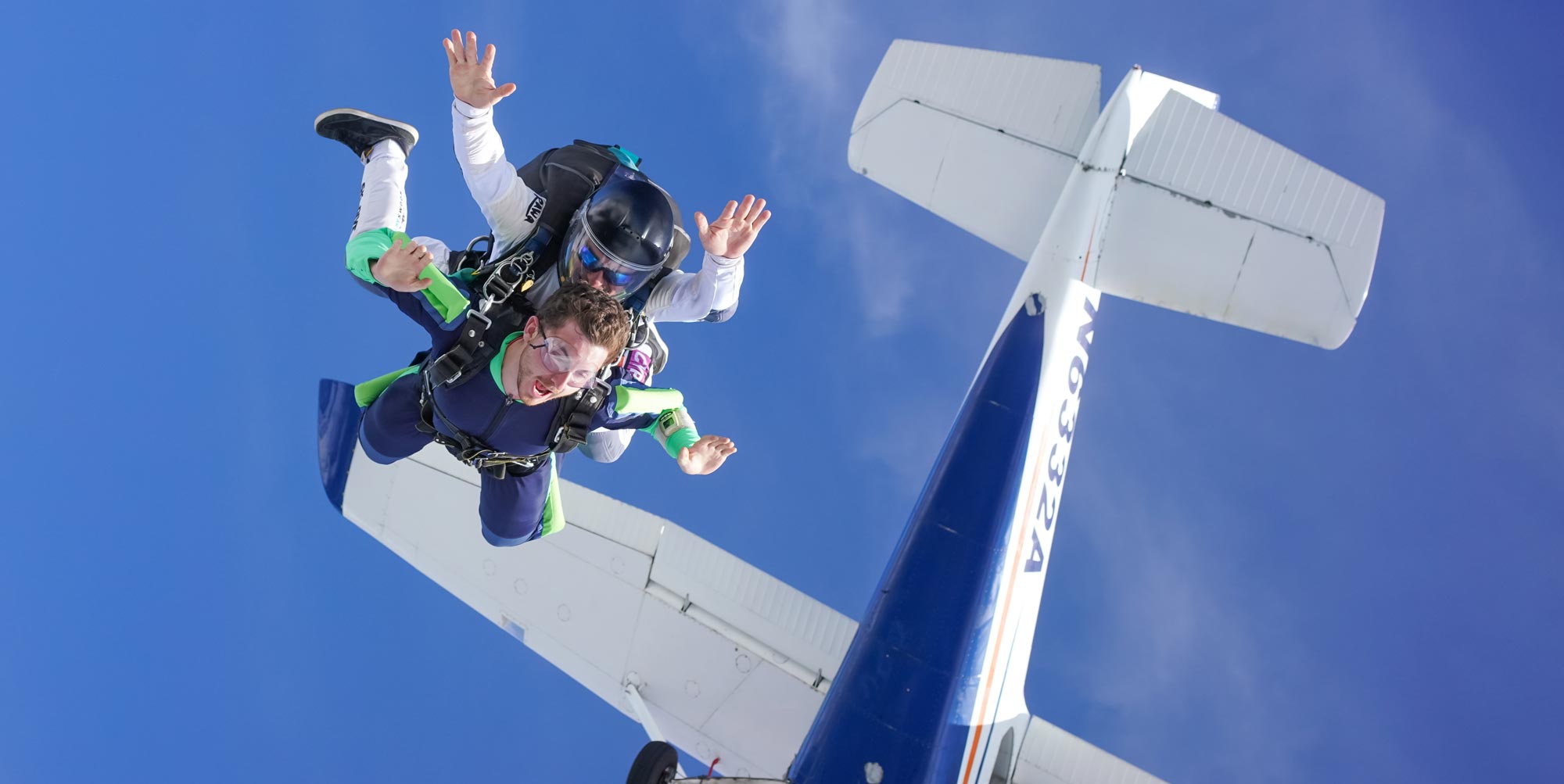Can you get altitude sickness skydiving?
Skydiving
Posted by: Long Island Skydiving Center 4 years ago
You’ve booked your first skydive and now you seem to have a thousand questions coming to mind that weren’t there before (totally normal, by the way). One of those questions is around whether you can get altitude or motion sickness from skydiving. The short answer is yes to both. However, the good news is that it’s not very common if you’re doing a normal tandem skydive. Keep reading to discover the facts.
What Causes Altitude Sickness?
While altitude sickness can affect anyone, it is most likely to happen when someone ascends, in this case to high altitudes, without giving their body time to adjust. So what exactly is a high altitude? It’s generally considered to be anything higher than 8,000 ft above sea level because oxygen levels are lower.
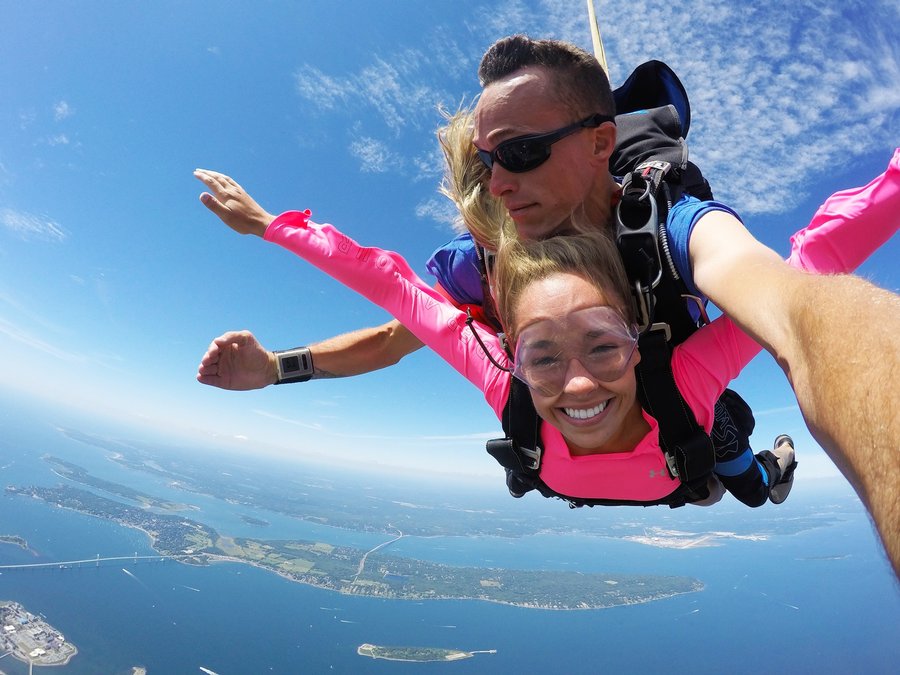
While it sounds like this would apply to your skydive, it generally doesn’t unless you’re doing a specialty jump such as skydiving over Mt. Everest. In skydiving, the time in the plane is approximately twenty minutes or less to altitude, and after you jump from the plane, you descend quickly which provides a healthy dose of oxygen. The Federal Aviation Administration has a rule stating that flights going to 12,500 (MSL) to 14,000 (MSL) and staying there for thirty minutes or more must have supplemental oxygen. That means the time above 8,000′ is very minimal at best before jumping out at 13,000 feet.
Do People Get Sick on Tandem Skydives?
If you’ve heard stories of friends who said they got sick skydiving, they are likely talking about motion sickness, not altitude sickness. There’s a lot that can be done to prevent this, thankfully. You just have to know how to prepare for your jump, which is pretty simple.
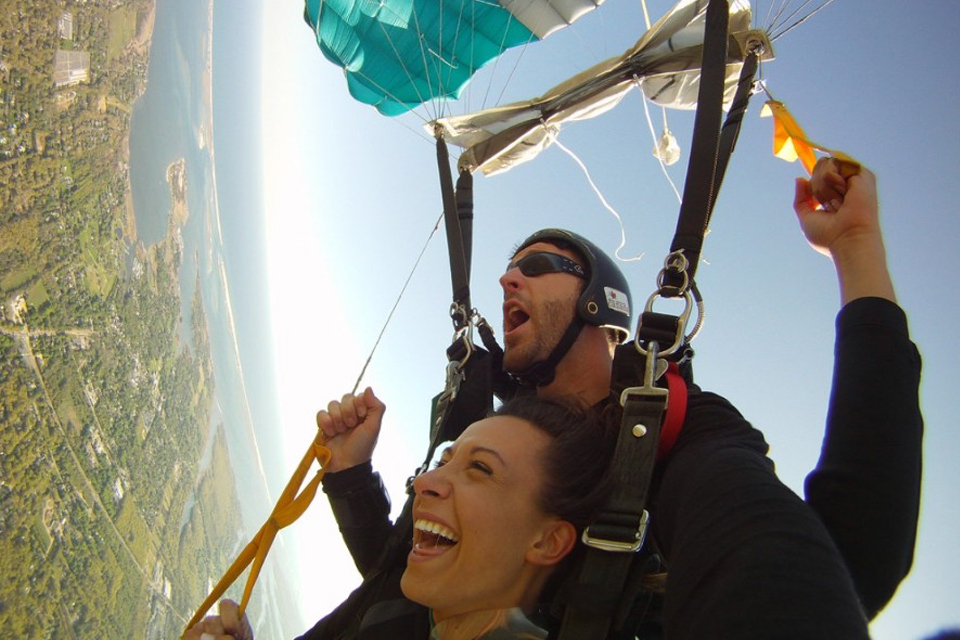
How should I prepare for my jump?
The night before your jump, we suggest getting a good night’s sleep. We also suggest that you not drink alcoholic beverages even though they may help quell your nerves. Being hungover is not a recipe for a tranquil skydive. Be sure to eat a healthy breakfast/lunch and hydrate on the way to the dropzone as your body will need the energy to process everything you feel during your jump.
So now that you know how to prepare yourself for your skydiving experience, you are unlikely to experience any feelings of sickness during your jump, especially if you’re relatively well rested, fed and hydrated. Are you ready to take the leap? Give us a call and we’ll be happy to welcome you to the world of skydiving!
Categories:
You May Be Interested In:
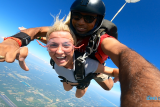
Skydiving For Teens and Students
2 days ago by Long Island Skydiving Center

Skydiving Anxiety- Here’s How You Can Prepare
2 months ago by Long Island Skydiving Center
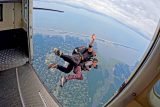
Does Skydiving Feel Like Falling?
2 months ago by Long Island Skydiving Center
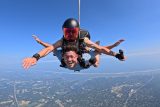
Is Skydiving Safe?
3 months ago by Long Island Skydiving Center
